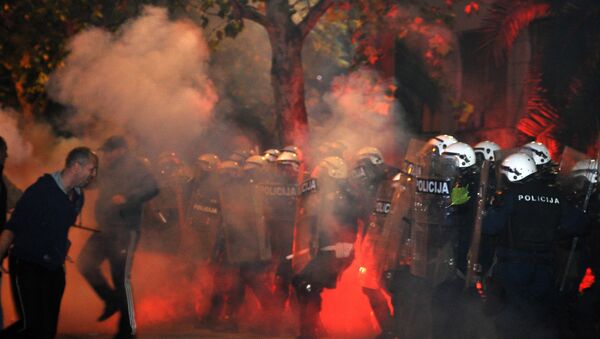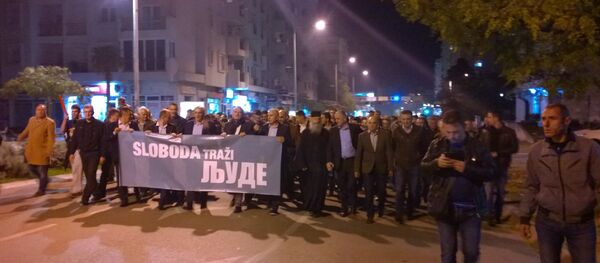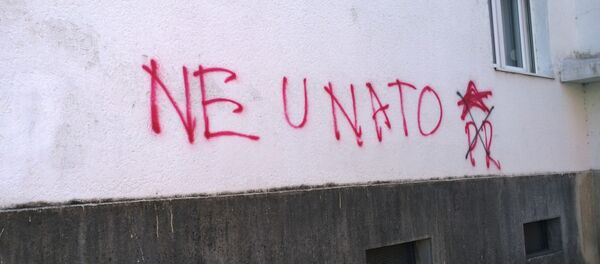Last month, the United States announced that it was prepared to invite Montenegro to join NATO in December.
"We believe that the accession of Montenegro to NATO would not contribute to the stability of the Balkans and the stability of the region," Terzic told reporters.
He added that in case of a referendum, the majority of Montenegrin residents would vote against accession.
"The problem is that the majority of [Montenegrin] citizens are against it [joining NATO]. If there was a referendum, such a decision would not be made," Terzic pointed out.
Since late September, Montenegro saw a string of anti-government protests with thousands of citizens gathering in the streets of the country's capital, Podgorica, to demand that Montenegro stay out of the US-led NATO military bloc and calling for the creation of an interim government and early parliamentary elections.
"Agricultural products [supplies] have significantly increased, in particular fruit export, including apples and prunes. Export of dairy products and meat has increased as well. Significantly increased. For example, I can say that the export of apples has grown by 80 percent, even by 150 percent for some of them," Terzic said.
Last year, the European Union, the United States and their allies imposed a series of individual and economic sanctions against Russia, accusing Moscow of escalating a military crisis in Ukraine.
Russia has denied the accusations and in August 2014 announced a one-year food embargo on products originating in states that imposed sanctions against Moscow. The ban has been extended for another year.
Earlier in November, Serbian Prime Minister Aleksandar Vucic said that though his country wants to become a part of the European Union, Serbia would not introduce anti-Russia sanctions while he maintains his post.





